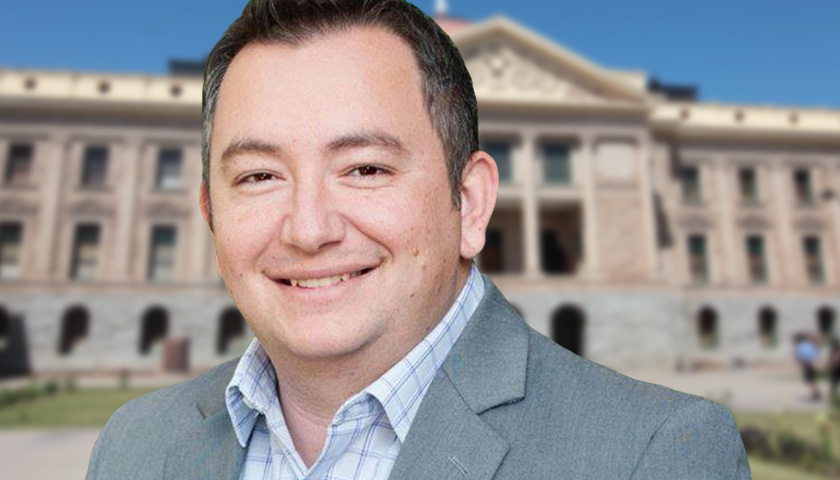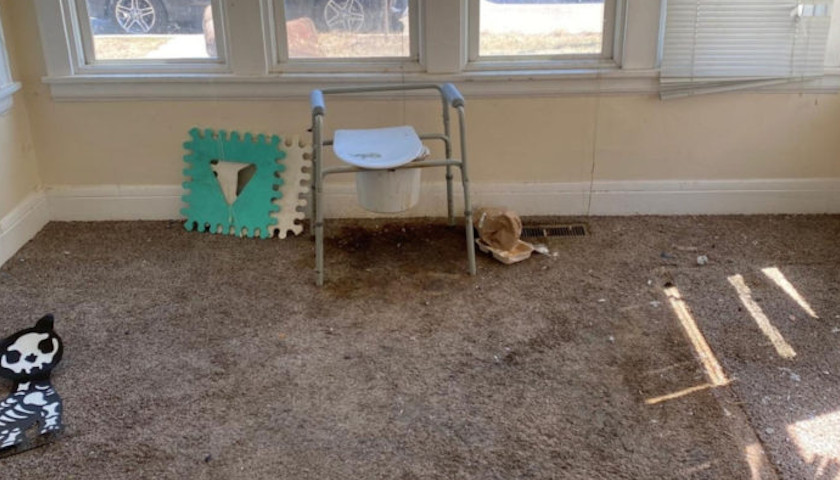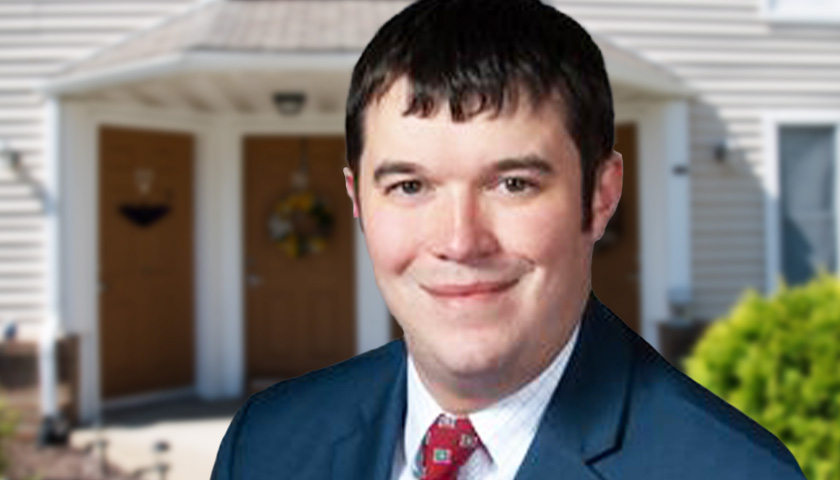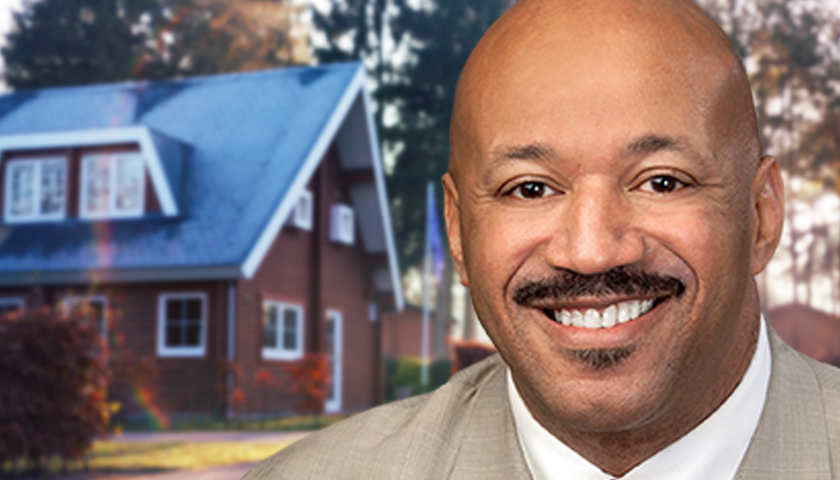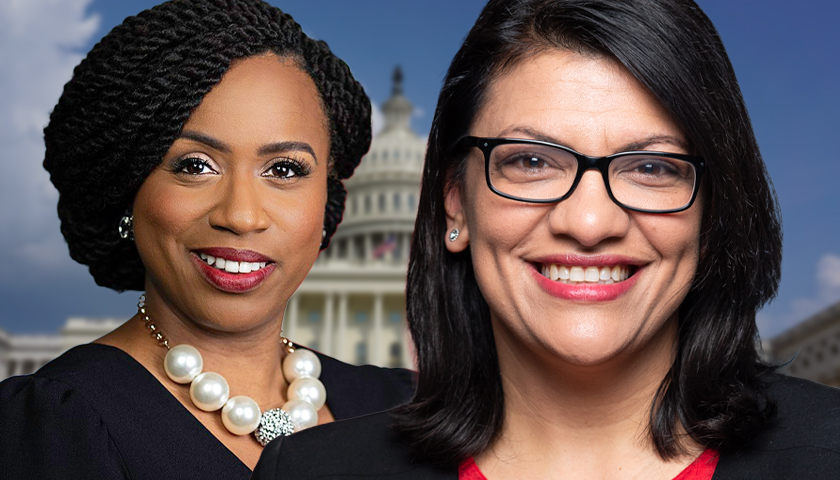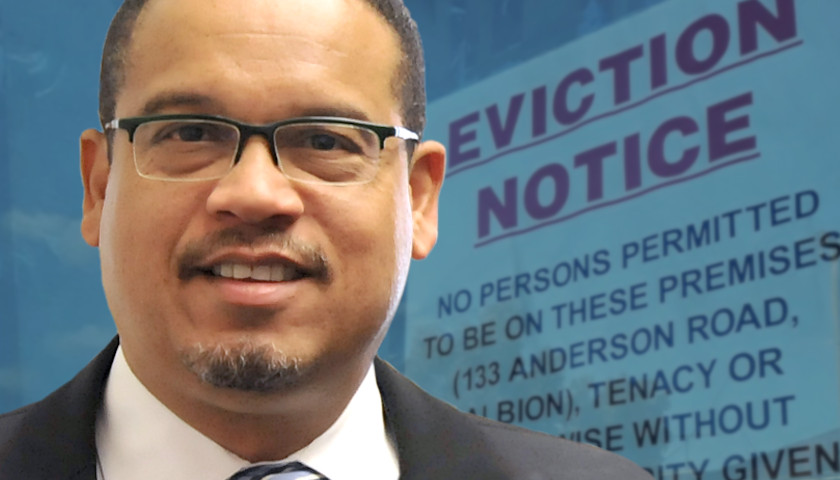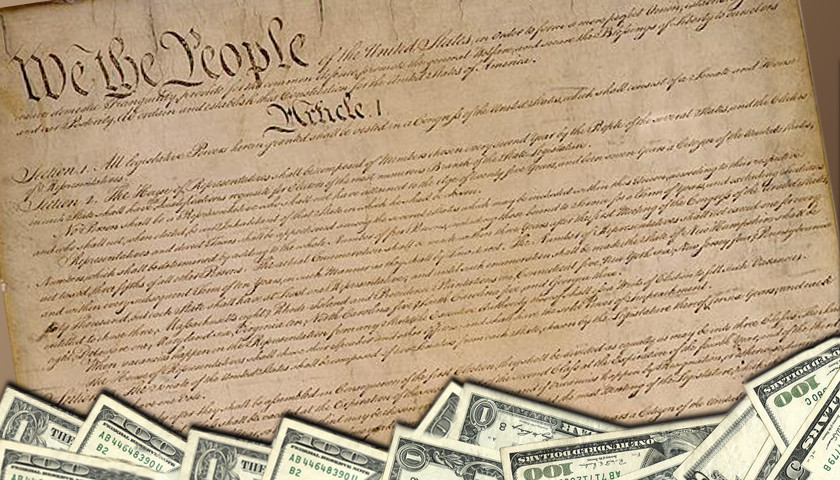Far-left Congresswomen Rashida Tlaib (D-Mich.) and Ayanna Pressley (D-Mass.), who have both been vocal critics of landlords and supportive of the eviction moratorium that prevents them from collecting rent indefinitely, made tens of thousands of dollars themselves collecting rent last year, according to the Washington Free Beacon.
Tlaib disclosed in a recent financial statement that she made between $15,000 and $50,000 from rent out of a property she owns in Detroit, even after she had recently criticized “landlords and bill collectors” and said that Americans needed to be protected from them “in the midst of a pandemic.” Pressley made roughly $15,000 from 2019 to 2020 off a property she owns in Boston. Pressley has denounced landlords for trying to collect rent during the pandemic, claiming it to be “literally a matter of life and death.”
Both congresswomen, along with others in the so-called “squad” and other congressional Democrats, were supportive of extending the eviction moratorium that has forbidden landlords across the nation from collecting rent, ostensibly to provide financial relief to Americans who cannot pay their rent due to losing their jobs to lockdown orders. The Biden Administration extended the eviction moratorium through October, after the original moratorium implemented last September by the Centers for Disease Control (CDC) was set to expire earlier this year.
Read the full story




